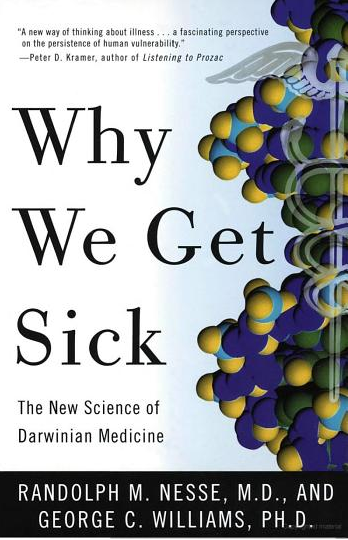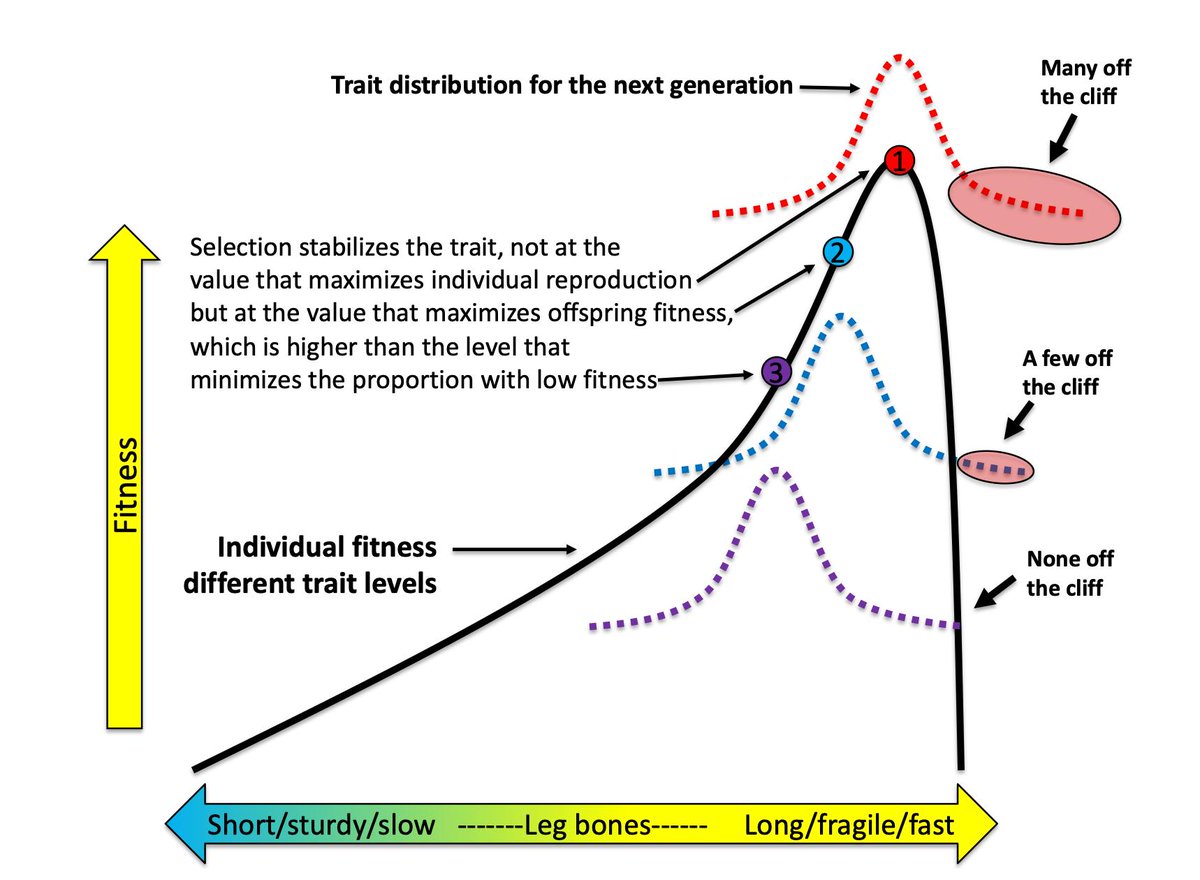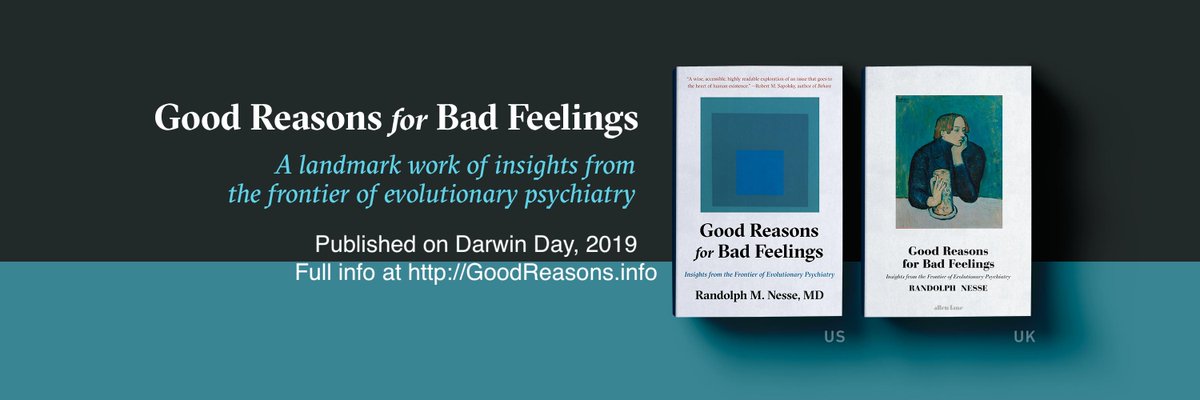
No time to read the whole book? goodreasons.info Waiting for the paperback? Here are pithy summaries of 14 chapters, one per day, June 1-14.
@APAPsychiatric @APA @ISEMPH @LondonEvolution @DuttonBooks @evmedasu @evmed_ch @TriCEM_NC @AllenFrancesMD
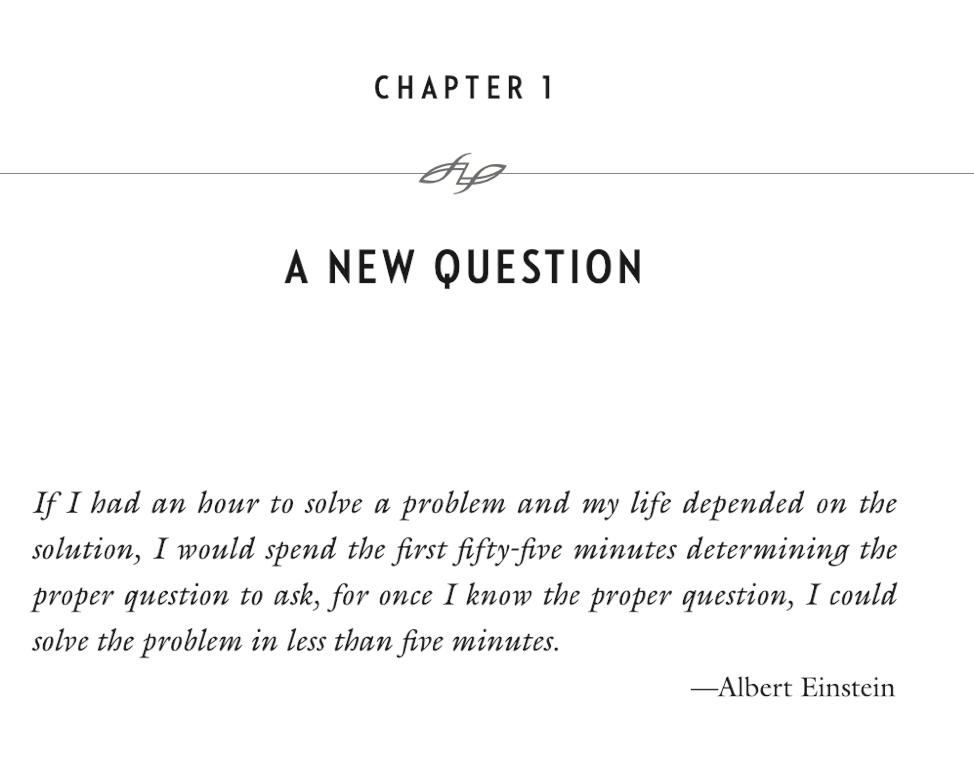
Psychiatric diagnosis is so confused and controversial that the NIMH gave up on the DSM. Dan Stein and I decided to see if evolution could help. We concluded that the DSM diagnoses are actually pretty good.
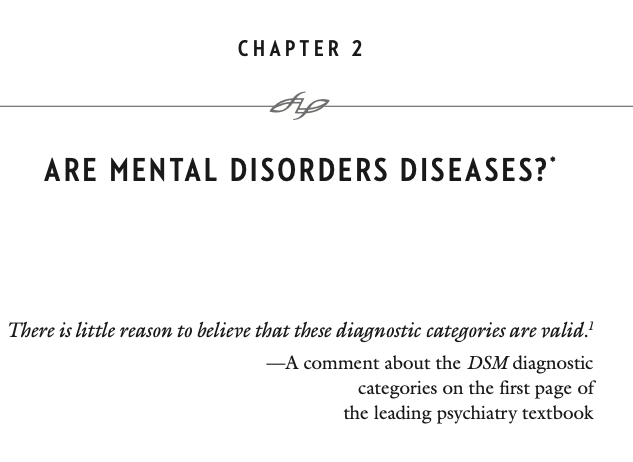
Day 3 of a 14 day thread about goodreasons.info
@PsychScience @APAPsychiatric @amyalkon @danielnettle @HumBehEvoSoc @sse_evolution @ISEMPH @evmedasu @TriCEM_NC @seanmcarroll @LewisWolpert @STEFANOPARMIGI1
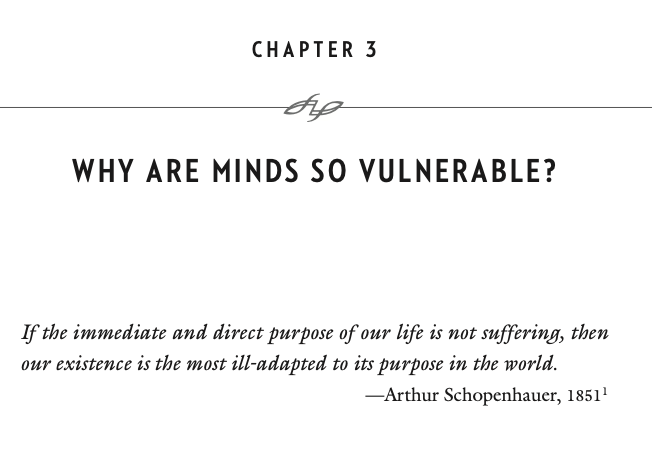
From goodreasons.info 4th of 14 chapters, one each day June 1-14.
@APAPsychiatric @LFeldmanBarrett @emotionshistory @MarcBekoff @YaleEmotion @HumBehEvoSoc @Got_Anxiety @DepressionCntr @PaulEkman @FransdeWaal @rcpsych
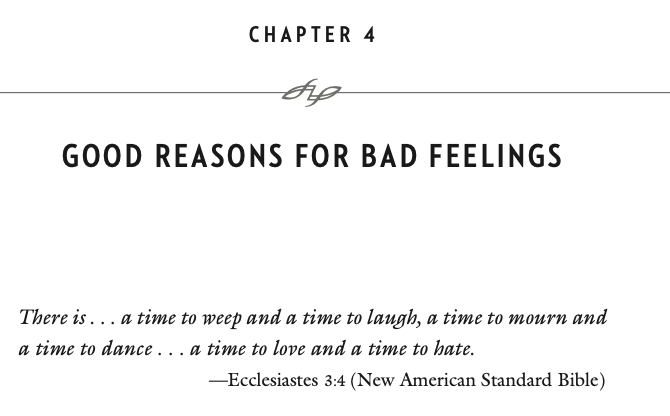
Day 5 of tweets about 14 chaps in goodreasons.info
A book about why mental disorders exist at all, and how to put psychiatry on a solid foundation
@AnxietyUK @Got_Anxiety @APAPsychiatric @DBarlow20 @ISEMPH @EHBEA1 @HumBehEvoSoc @UmEhap
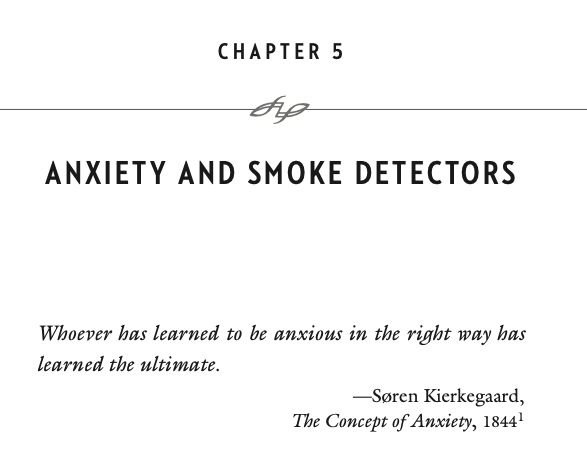
From: Good Reasons for Bad Feelings: Insights from the Frontier of Evolutionary Psychiatry goodreasons.info amazon.com/Good-Reasons-B… @Got_Anxiety @APAPsychiatric @HumBehEvoSoc @NAMICommunicate @DuttonBooks @PsychTimes @PsychToday
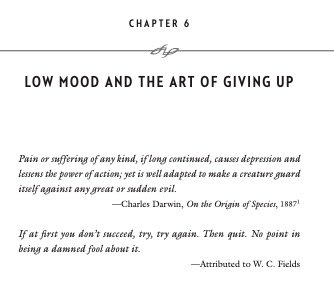
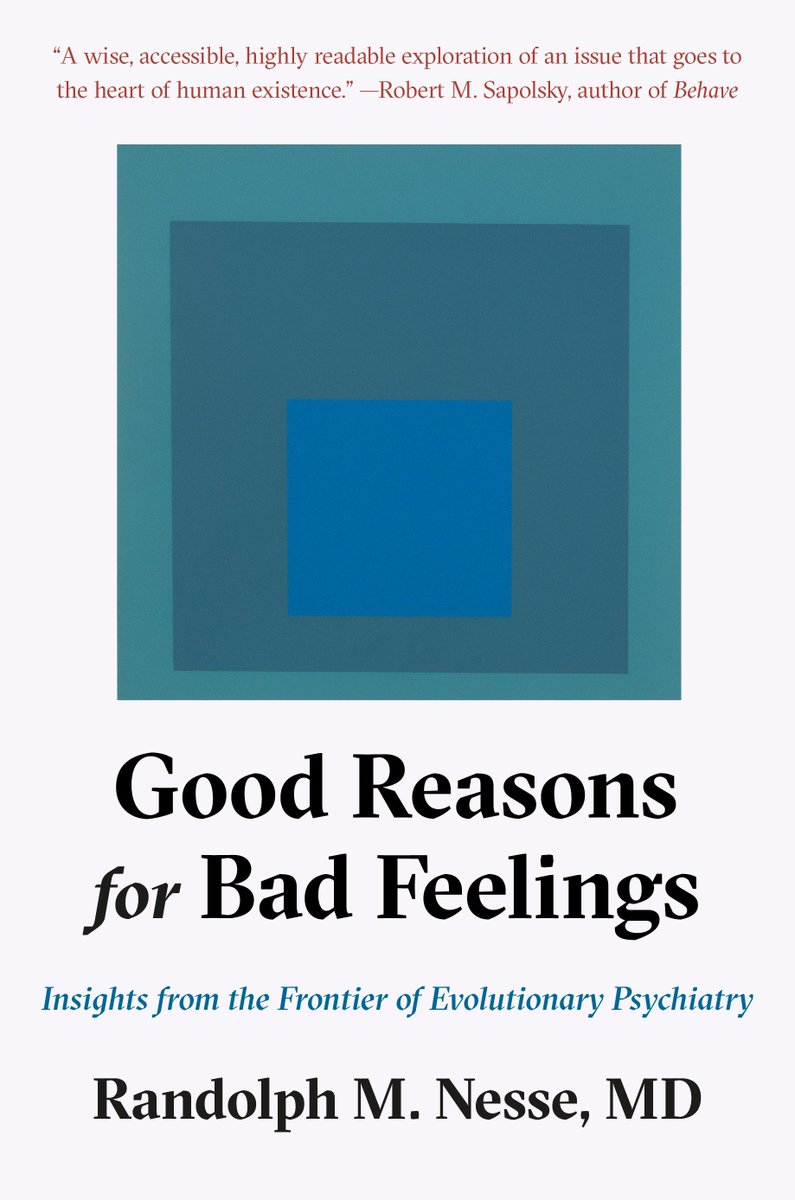
From: Good Reasons for Bad Feelings, a book about evolutionary psychiatry goodreasons.info
@NAMICommunicate @statnews @DepressionCntr @Got_Anxiety @HumBehEvoSoc @PeterDKramer @AllenFrancesMD
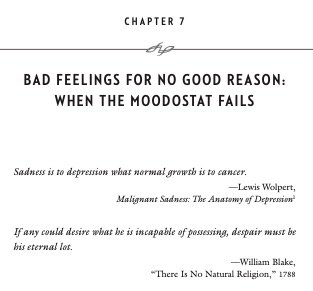
From: GOOD REASONS FOR BAD FEELINGS . goodreasons.info
@egoode @RiadhAbed1 @HumBehEvoSoc @Got_Anxiety @EHBEA1 @DSTEINGIMD
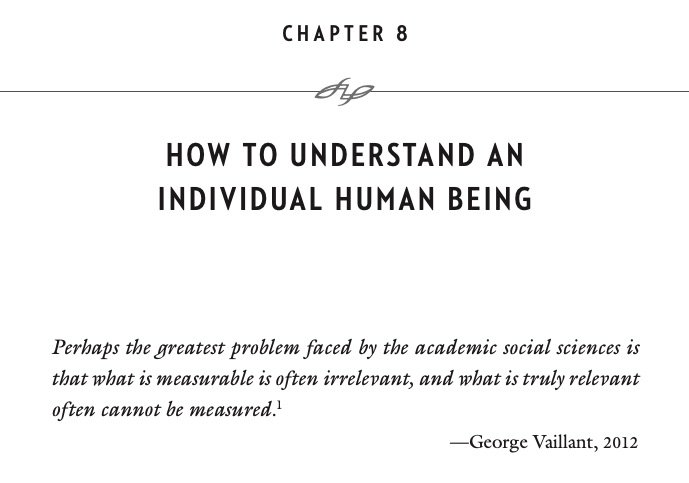
•Social recognition and friends
•Occupation and roles people value
•Children and family
•Income and finances
•Abilities, appearance and health
•Love and sex
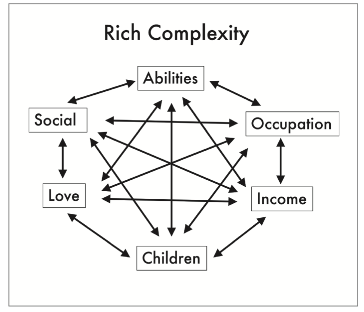
From: GOOD REASONS FOR BAD FEELINGS goodreasons.info
This link takes you to the whole thread
@TangledWing @PeterSinger @jbsilk1 @ISEMPH @HumBehEvoSoc @RidlrMUM @APAPsychiatric @PsychScience
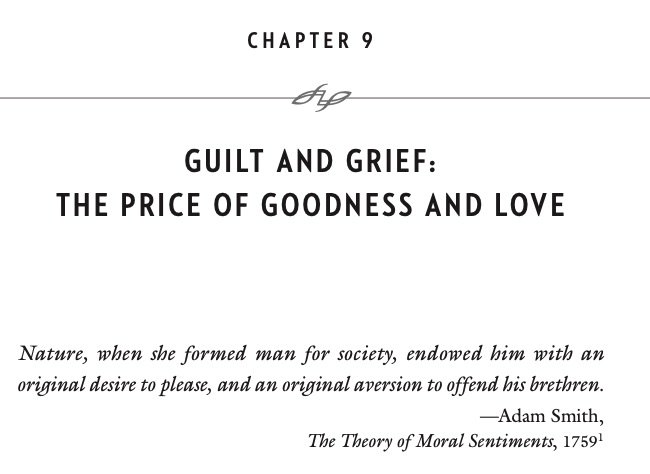
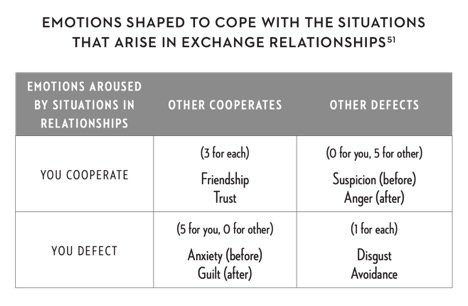
From: Good Reasons for Bad Feelings: Insights from the Frontier of Evolutionary Psychiatry goodreasons.info
@LindaBrakel @theIoPA @BritPsyCouncil @psychoanalysis_ @T_I_H_R
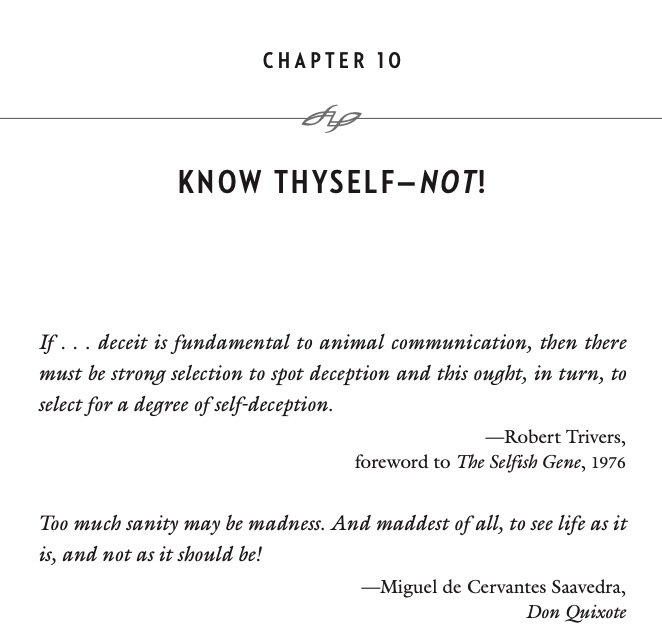
Chap 11 of 14 in goodreasons.info
@gadsad @amyalkon @Nmalamuth @davidbuss @kinseyinstitute @catherinesalmon @stevepinker @melkonner @zuckerkj @slate @danariely @TKShackelford @haselton @lbetzig @DouglasTKenrick @kmelvin420

From:Good Reasons for Bad Feelings goodreasons.info
amazon.com/gp/product/110… @ABC_Charity @PsychTimes @APA @HumBehEvoSoc
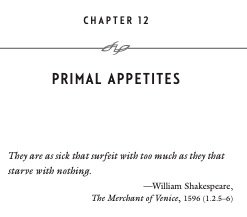
Others say it is a genetic disease. Vulnerability to eating disorders is influenced by genes but that does not make them genetic diseases.
A chapter from goodreasons.info about #drugabuse #alcohol and #addiction @NIDAnews @CntrOnAddiction @delisev8 @HumBehEvoSoc @ISEMPH
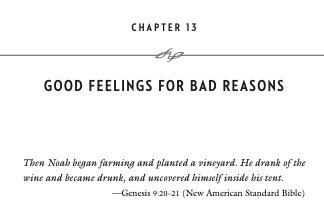
THE FINAL CHAPTER FROM GOOD REASONS FOR BAD FEELINGS goodreasons.info
And nearly the end of this very long tweet thread!
Here is the whole thread
@ISEMPH @APAPsychiatric @matthewckeller @RobertPlomin
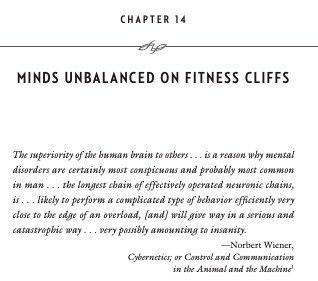
Tomorrow: What should we do differently?
From: GOOD REASONS FOR BAD FEELINGS: INSIGHTS FROM THE FRONTIER OF EVOLUTIONARY PSYCHIATRY goodreasons.info See the full thread at
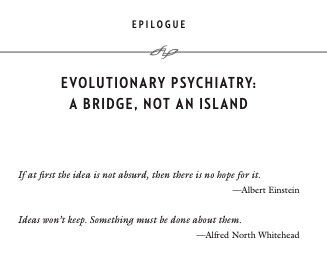
Full thread at:
Full info at: goodreasons.info
amazon.com/Good-Reasons-B…
